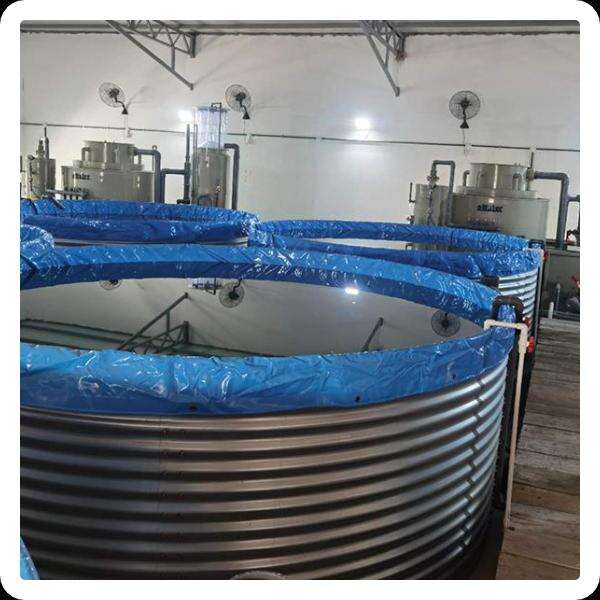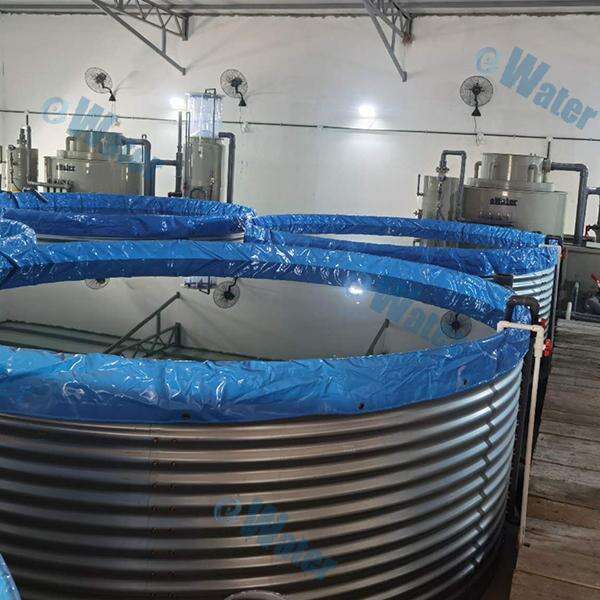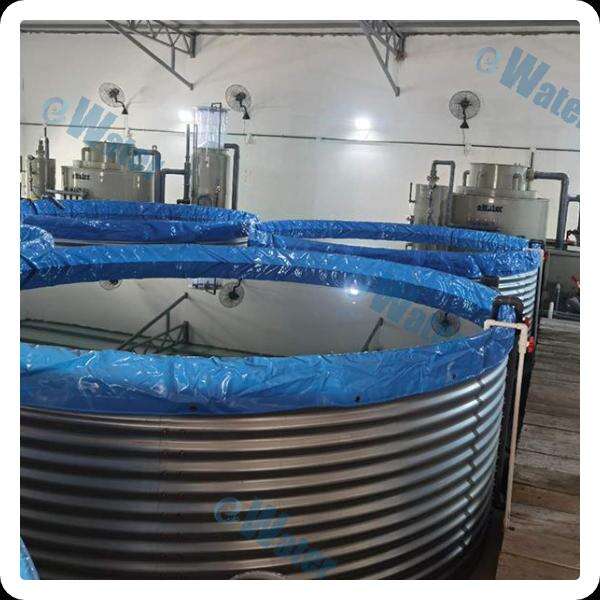They have a new and revolutionary method to ensure the proper growth of fish in their farms. It’s called the RAS — recirculating aquaculture system — and it ensures fish have the best living conditions. EWater would like to share with you how this system can assist fish farmers while being an environmentally sound choice.
The RAS System and Its Environmental Benefits
Fish farming can be detrimental to the environment. But with the RAS system, farmers can reuse water and maintain it clean for the fish. That means they use less water, and there’s less risk of nearby pollution. Another benefit of RAS is that it allows fish farmers to play their role as an eco-citizen by protecting the environment.

Fish also require favorable conditions to thrive and grow large. Farmers monitor and maintain the water quality, temperature and the amount of oxygen the fish receive with the RAS system.Farmers keep and maintain the water quality, temperature and the amount of oxygen the fish get with the RAS system. This means that the fish can grow at their optimal rate and remain healthy. With the RAS system, fish farmers can provide fish with the perfect barn for growth.

Fish farming isn't cheap, though, and the RAS system can help to drive down some of the associated costs. Farmers can save on water and energy bills by reusing water and managing the environment. It allows more funds for being kind to the fish and ensuring they are able to grow well.

Fishes face the risk of diseases that can spread rapidly in fish farms and are harmful. But the RAS system allows farmers to closely monitor the water quality, so they can keep it clean and healthy. All this plays a key role in preventing the spread of diseases and maintaining the health and happiness of the fish. Fish farmers can thus protect the fish and keep it healthy with the use of the RAS system.
Our professional sales team are waiting for your consultation.